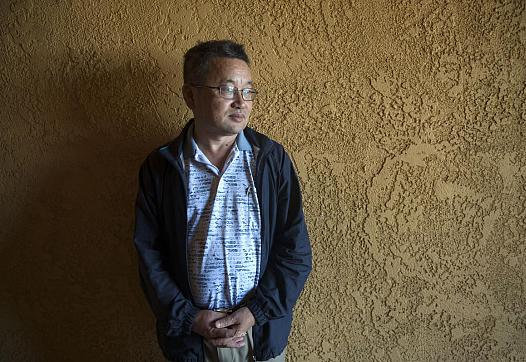
The shocking call came a decade ago from campus police at UC Berkeley. Kwang Ho Kim's son, a straight-A student, had dumped all his clothes on the bed and set them on fire.

The shocking call came a decade ago from campus police at UC Berkeley. Kwang Ho Kim's son, a straight-A student, had dumped all his clothes on the bed and set them on fire.
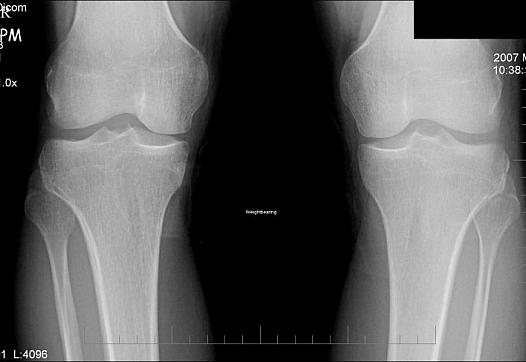
A quick primer on the science of how obesity and high cholesterol can break down cartilage and bones, spurring the development of arthritis.

Officials for a state campaign aimed at ending tobacco use among California’s children are supporting a tobacco tax increase initiative for the November ballot that will raise the price of cigarettes and vaping products but tobacco companies are fighting to stop it.
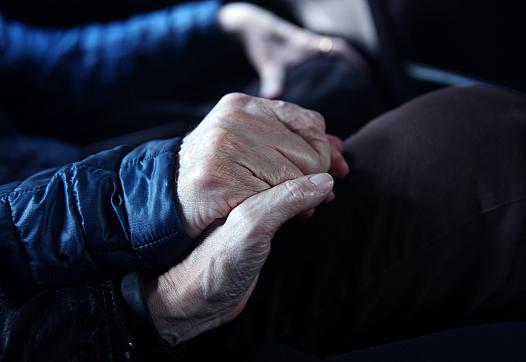
Our health care system commits tremendous resources to extending life but comparatively little to end-of-life planning and care that honors patients’ wishes. As a result, many people find themselves subjected to unnecessary treatments and spend their final moments in hospitals rather than at home.
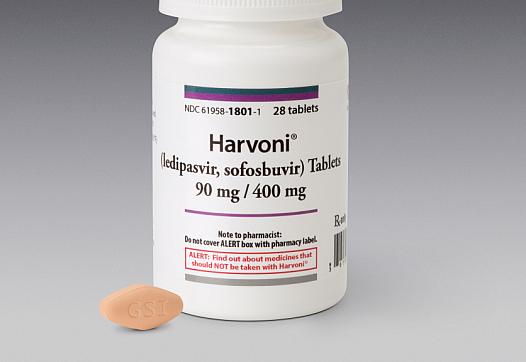
"It's our obligation to offer treatment in a manner that's rational and logical," said the county's chief medical officer. "We identify the individuals for initial treatment right now, based on how we can offer the most care to the most people, who are going to benefit from it the most now."
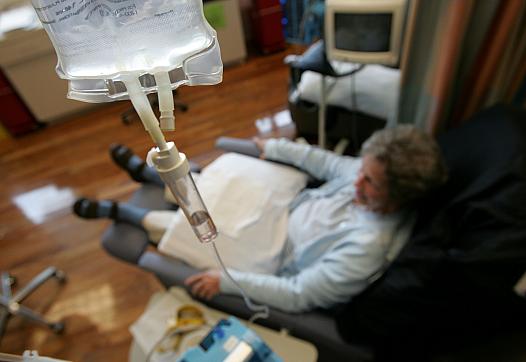
A look at how leading media outlets handled a potentially misleading piece of research data in a recent study on the use of gene tests in treating breast cancer.
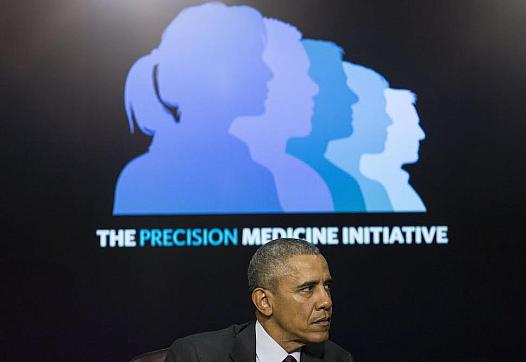
As researchers and policymakers seek ways to stop the damage wrought by toxic stress and early trauma, a leading thinker in the field suggests we need smarter approaches that take inspiration from precision medicine.
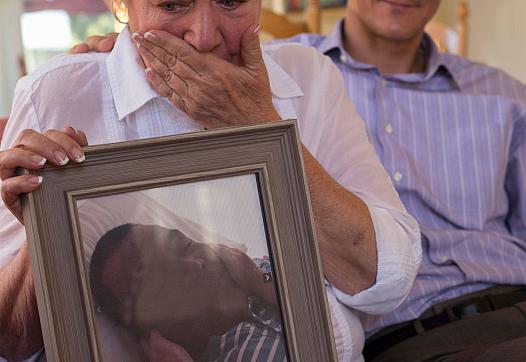
There have been more than two dozen San Diego County jail suicides between 2010 and 2015, well above average. The suicides highlight a national problem: the increasing number of mentally ill people landing in jails.
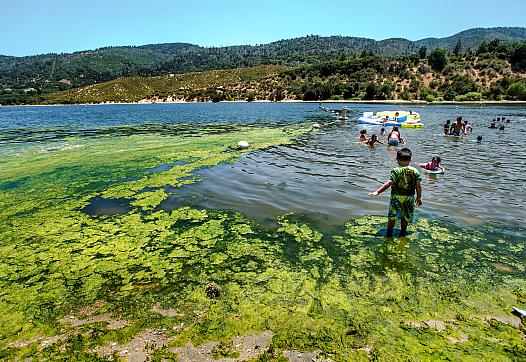
"I had fair warning that gathering data on blue-green algae toxins in California was going to be an uphill battle," writes reporter Stephanie Baer. Her effort started with records requests to each of the state's 58 counties.
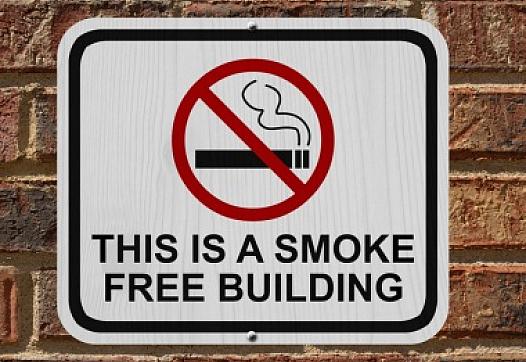
Funded by the Centers for Disease Control and Prevention, the program is mainly aimed at African American and Latino residents of public and low income housing. The project coincides, say organizers, with HUD’s proposed ban on smoking inside individual units.